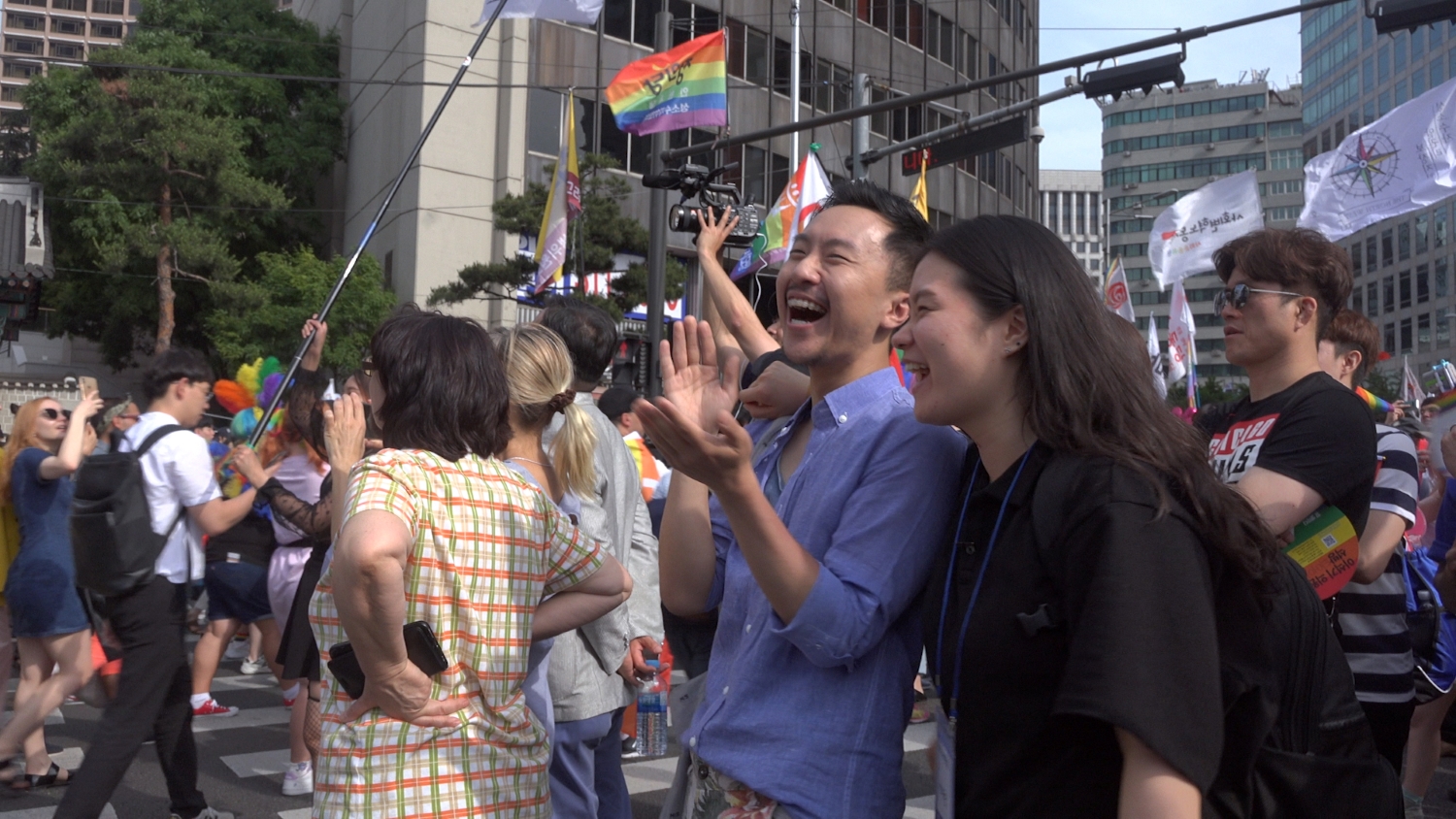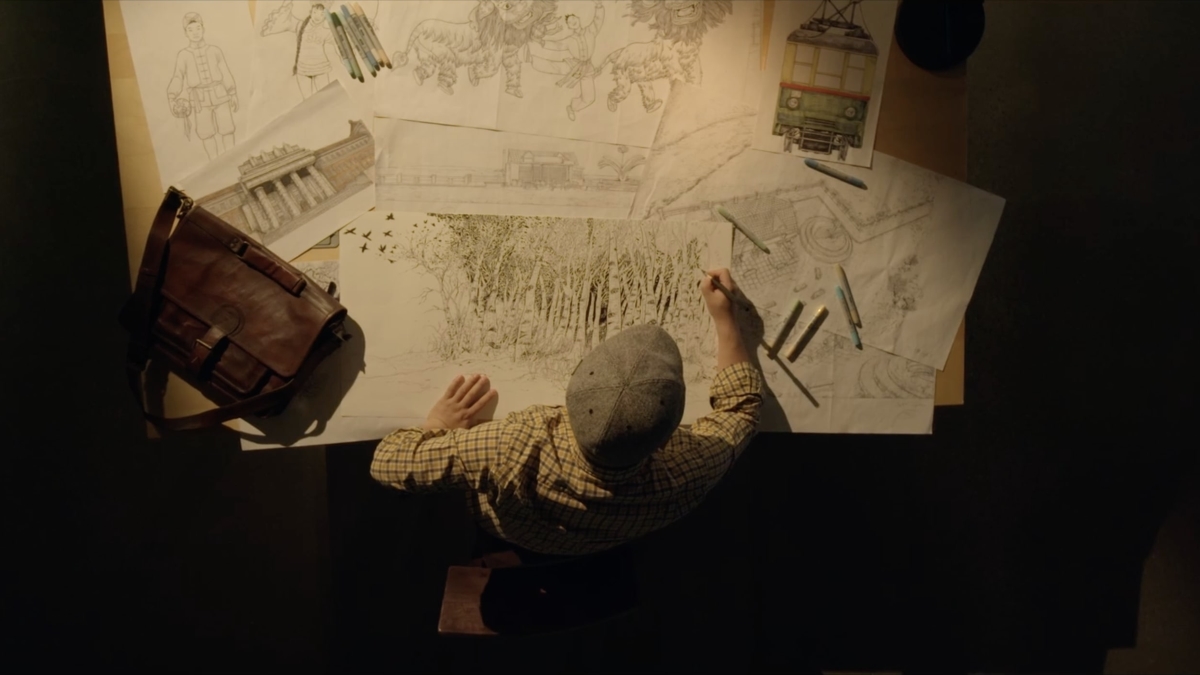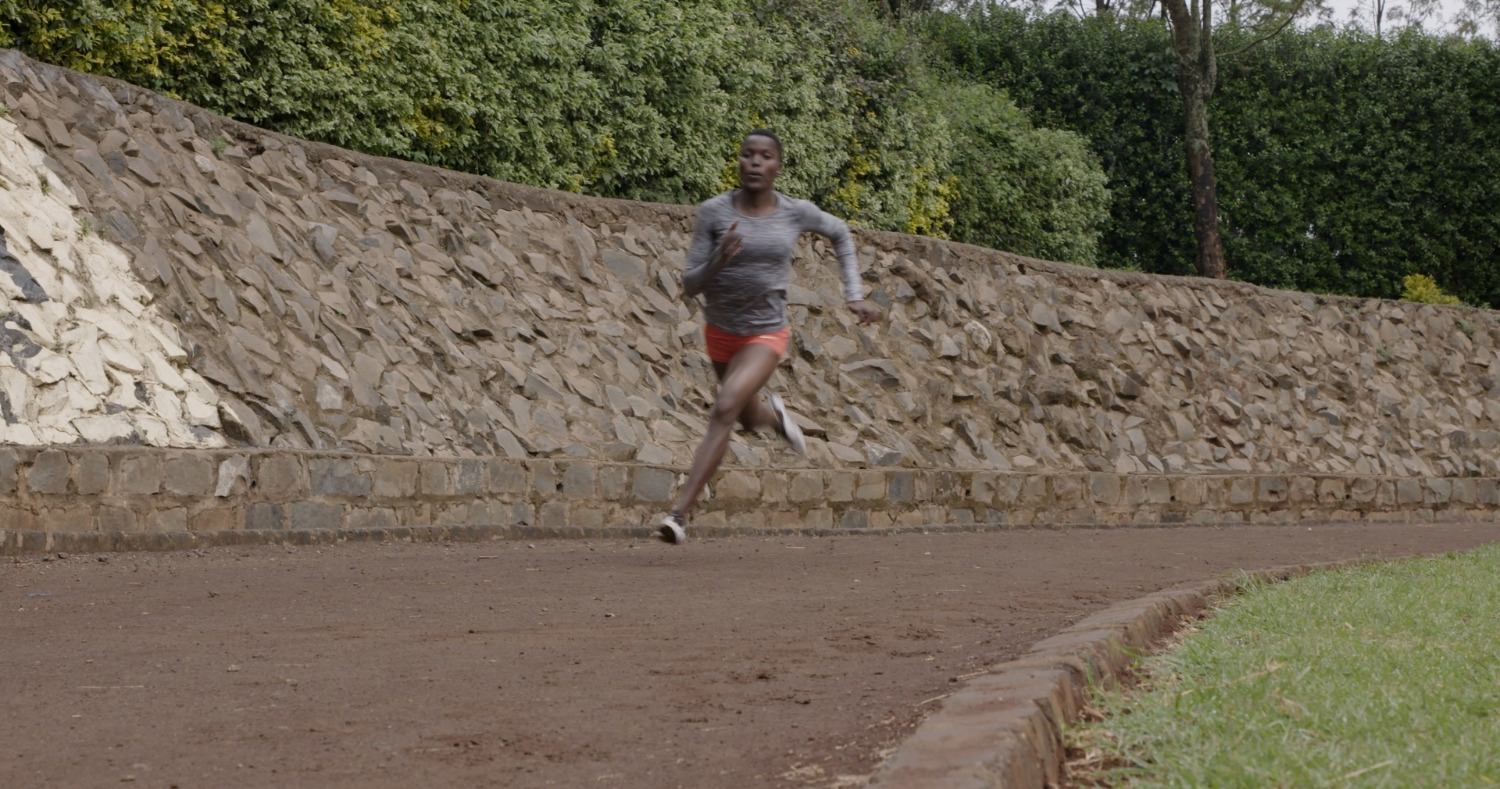Queer My Friends
(South Korea, 82 min.)
Dir. Ah-hyun Seo
World Showcase: World Premiere
Ah-hyun Seo and Kang-Won Song have been friends since childhood. As Ah-hyun reflects in the film she makes about her friend, Kang-Won was her confidante as they grew up in South Korea. They came of age together and navigated their families’ expectations. However, as she details in the flashbacks that build her personal portrait, Kang-Won moved to the USA to study. Shortly thereafter, he celebrated his birthday with a Facebook post in which he came out as gay. Where Kang-Won expressed freedom and elation, Ah-hyun felt surprise, pride, and confusion. She boldly turns the camera towards Kang-Won, and herself, in Queer My Friends to interrogate the reasons why tradition may stifle one’s search for one’s best self. This intimate film of self-discovery probes the vulnerability of both the subject and the filmmaker.
Queer My Friends observes as Ah-hyun and Kang-Won grow continents apart. Although Kang-Won initially laughs about the purpose of the project when his friend proposes it, he quickly bares himself for the camera. There are universal truths to this coming out story. One can see the elation, catharsis, and freedom in Kang-Won’s eyes as he lives openly. However, there are hardships to which many audiences will relate.
Family and Friends
For example, see little of Kang-Won’s family in Queer My Friends. Although he eventually finds a partner, Glen, and they attend weddings together, Kang-Won’s “family” seems largely self-made. They openly acknowledge their relationship as they celebrate the love of others, but Ah-hyun’s camera observes that Kang-Won’s intimate circle of friends is what ultimately offers stability and support.
Ah-hyun takes special interest in her friend’s faith as part of his coming out experience. Kang-Won, like Ah-hyun, is Christian. The church preaches that homosexuality is a sin, and young members of the faithful like Kang-Won are taught to suppress their desires. However, Kang-Won doesn’t see his sexuality as irreconcilable with his faith. This facet of the film proves very enlightening as the fight for LGBTQ rights grows in communities governed by traditional attitudes.
The friends attend a Pride parade where Kang-Won tries to celebrate and feel like part of a community. However, a counter-protest sets up shop nearby. Christian groups preach homophobic rhetoric in God’s name. These calls make Kang-Won visibly uncomfortable. Although he doesn’t voice his concern to Ah-hyun, the film observes Kang-Won caught between two worlds. He wants to live openly in Korea, but the loudest pockets of society make clear that he is unwelcome. Queer My Friends explores the toll that this existential crisis has on Kang-Won as he explores different facets of acceptance and masculinity. For one, he renounces his citizenship and joins the US Army. It’s with this group, however, that he finds confidence and acceptance. But when he returns home and creates a new life, Ah-hyun observes a fragile psychology undetected by her camera. Kang-Won vulnerability takes the film to unexpectedly places, while Ah-hyun creates a safe environment in which he can navigate the emotions he has bottled up inside.
Love is love
At the same time, Ah-hyun turns the camera back on herself. While she watches Kang-Won grow by following his own path, Ah-hyun sees herself stagnating. She lives at home with her parents and applies for jobs she could have had in high school. She reflects upon her diligence to uphold expectations, going nowhere and, ultimately, disappointing her parents. As time goes by, the film considers what it ultimately means to be yourself, be successful, and be loved by those around you.
Queer My Friends is at once an intimate observation of LGBTQ rights and the road to self-love. On the other, it’s a poignant reflection of how we express our love for others. A little heart goes a long way.
Queer My Friends premieres at Hot Docs on May 3.











